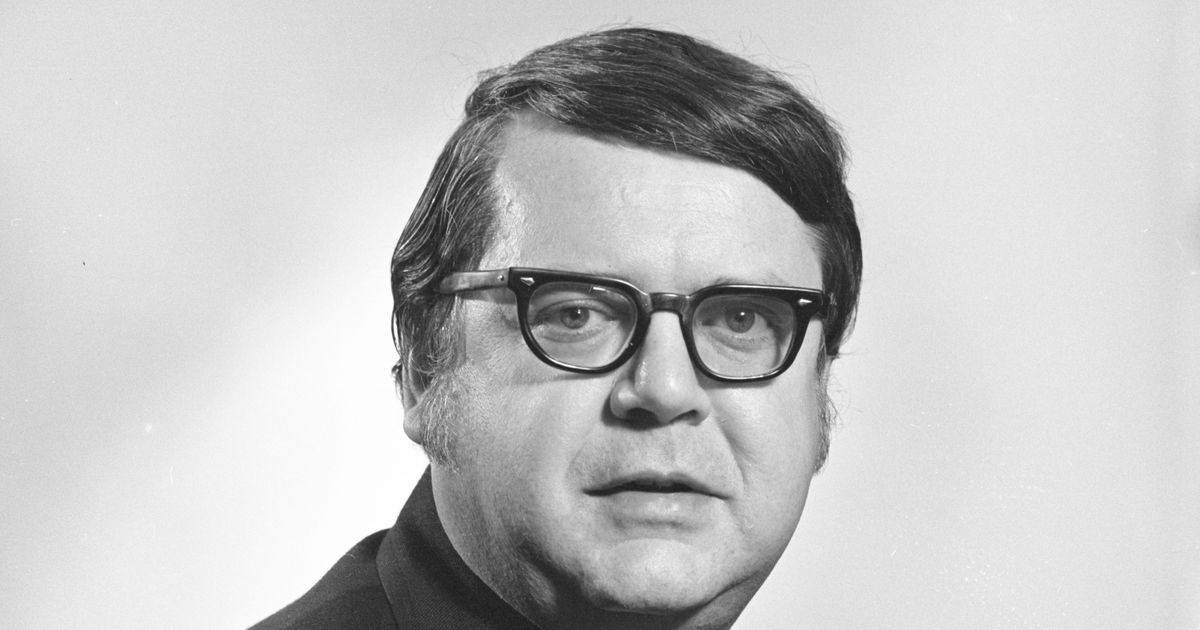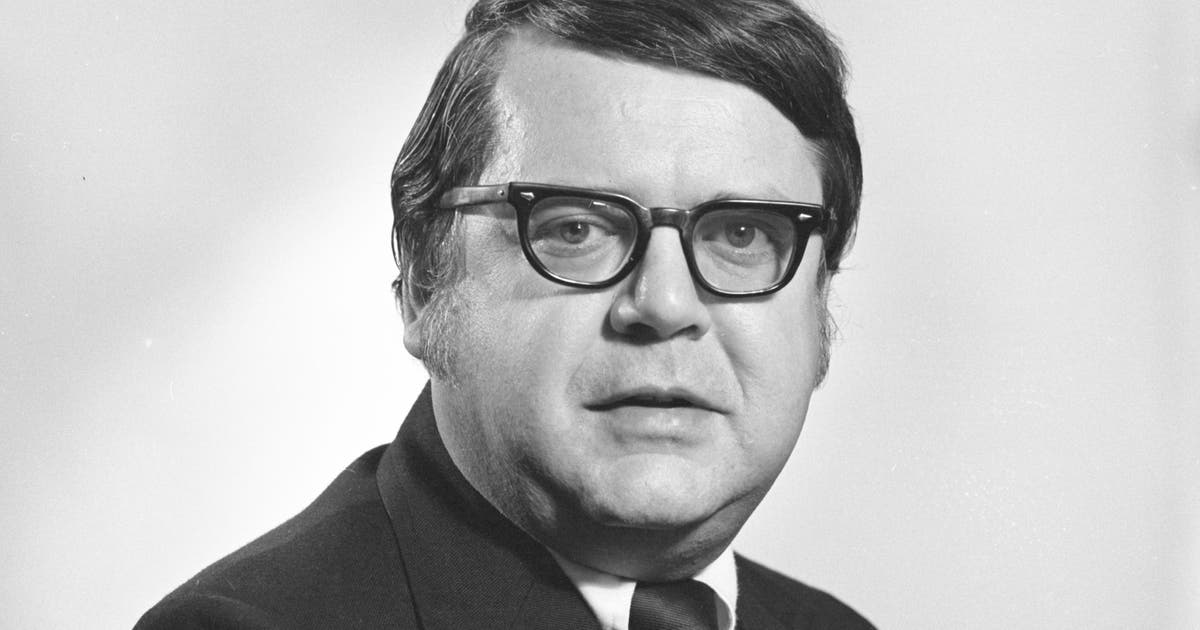Judge rejects broad outreach in U. of Michigan doctor case


DETROIT (AP) — A judge said Tuesday that she would order the University of Michigan to stop reaching out to alumni as part of its investigation of a doctor who is accused of molesting athletes and students for decades before his death in 2008.
U.S. District Judge Victoria Roberts is overseeing lawsuits by victims of Dr. Robert Anderson. She agreed with attorneys who said it’s wrong for the university to communicate with people who could become plaintiffs in class-action litigation.
The university last week said it was sending emails or letters to more than 300,000 former students, asking them to share information that “may be helpful” in an investigation of Anderson being conducted by the WilmerHale law firm.
Anderson worked at Michigan from the mid-1960s through 2003. The university believes he assaulted male athletes during routine physicals and injury exams. It has expressed a willingness to compensate victims outside court with the help of a mediator. But at the same time the school is seeking to have lawsuits dismissed because too many years have passed.
President Mark Schlissel has said the WilmerHale report will be released publicly and without prior review by the university.
Roberts held a status conference Tuesday with lawyers who represent victims as well as lawyers from the Jones Day firm, who are defending the school. The plaintiffs’ attorneys objected to the recent wave of notices sent to alumni and former students.
E. Powell Miller, who was appointed to represent a potential class of victims, said any communication from the university was inappropriate.
“The University of Michigan can no longer send communications under the guise of this independent investigation by WilmerHale to potential class members,” Roberts said. “Since we don’t know who any of those are, I think that kind of order would put a stop to any kind of communication going out right now until we can get a better handle on this.”
The judge said she plans to summon WilmerHale to a future court hearing.
The university defended the mass outreach.
“We sent out letters to all former student-athletes and former students because that is the best practice in these types of matters,” spokesman Rick Fitzgerald said. “The letters encourage people to share evidence with investigators and alerts them to free counseling services that are available.”
It’s unclear what would happen if all notices have already been sent or responses have been received.
“We’ve just very troubled and concerned,” Miller said in an interview. ”We definitely are not comfortable with U of M unilaterally communicating with our clients. … I can’t go to the University of Michigan and start interviewing all potential witnesses there.”
Another attorney, Todd Flood, said he wants WilmerHale to turn over information from its interviews.







